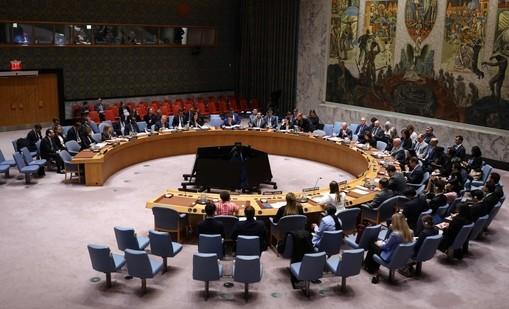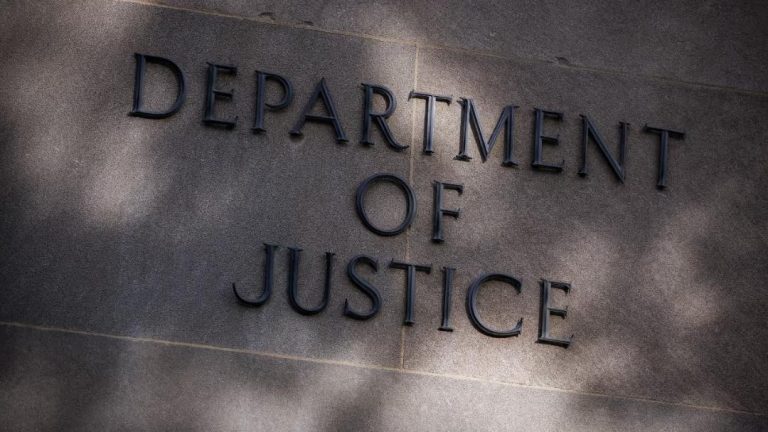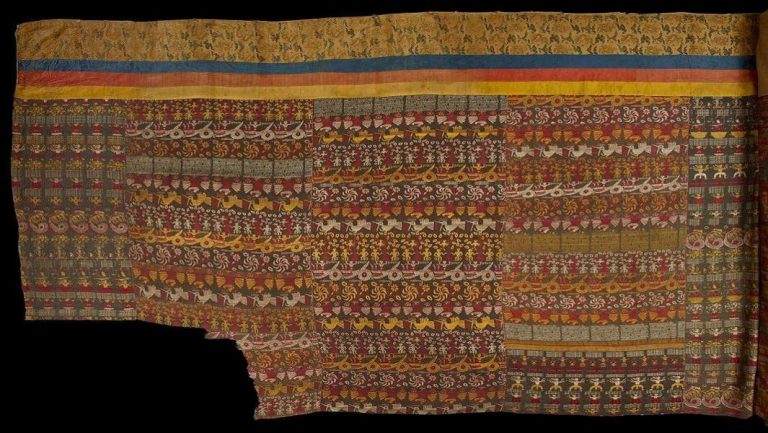
Was LeT Involved? UNSC Asks Pak on J&K Attack, Refuses to Accept ‘False Flag’ Claim
The United Nations Security Council (UNSC) has refused to accept Pakistan’s claim that the recent Pahalgam attack in Jammu and Kashmir was a “false flag” operation. According to reports, UNSC members questioned Pakistan about the involvement of the terror outfit Lashkar-e-Taiba (LeT) in the attack during a closed-door meeting requested by Pakistan.
The Pahalgam attack, which took place on October 11, left several tourists injured and one person dead. The attack was widely condemned by the international community, with many countries expressing concern over the targeting of tourists in the region.
Pakistan, however, has maintained that the attack was a “false flag” operation, claiming that it was staged by India to discredit Pakistan and undermine the peace process in the region. Pakistan’s claim has been met with skepticism by many countries, including the United States, which has urged Pakistan to take concrete action against terrorist organizations operating on its soil.
The UNSC meeting, which was held behind closed doors, saw Pakistan’s representatives attempting to present their narrative on the attack. However, according to reports, some UNSC members were unconvinced by Pakistan’s claims and instead questioned the role of LeT in the attack.
LeT, which is based in Pakistan, has a long history of carrying out terrorist attacks in India, including the 2008 Mumbai attacks that killed over 160 people. The group has also been linked to several other attacks in India, including the 2013 Delhi bombings that killed over 100 people.
Some UNSC members reportedly brought up the targeting of tourists on the basis of religion during the meeting, highlighting the religious intolerance and prejudice that is often demonstrated by terrorist organizations like LeT. The meeting also saw UNSC members calling on Pakistan to take concrete action against LeT and other terrorist organizations operating on its soil.
Pakistan has long been accused of providing safe haven to terrorist organizations like LeT, which is considered a proscribed organization by several countries, including the United States and the United Nations. India has also accused Pakistan of sponsoring terrorism in the region, and has called on Pakistan to take concrete action against terrorist organizations operating on its soil.
The UNSC meeting is seen as a significant development in the aftermath of the Pahalgam attack, as it highlights the international community’s concerns over the targeting of tourists in the region and the need for Pakistan to take concrete action against terrorist organizations operating on its soil.
In a statement, a UNSC spokesperson said that the members of the council expressed their deep concern over the attack and called on Pakistan to take immediate action to prevent such attacks in the future. The spokesperson also urged Pakistan to work with the international community to address the root causes of terrorism and to take concrete action against terrorist organizations operating on its soil.
The UNSC’s refusal to accept Pakistan’s “false flag” narrative on the Pahalgam attack is a significant setback for Pakistan, which had been trying to deflect international attention away from its role in promoting terrorism in the region. The meeting also highlights the need for Pakistan to take concrete action against terrorist organizations operating on its soil and to work with the international community to address the root causes of terrorism.
As the international community continues to monitor the situation in Jammu and Kashmir, it is clear that the Pahalgam attack has raised serious concerns over the targeting of tourists in the region and the need for Pakistan to take concrete action against terrorist organizations operating on its soil.
Sources:






